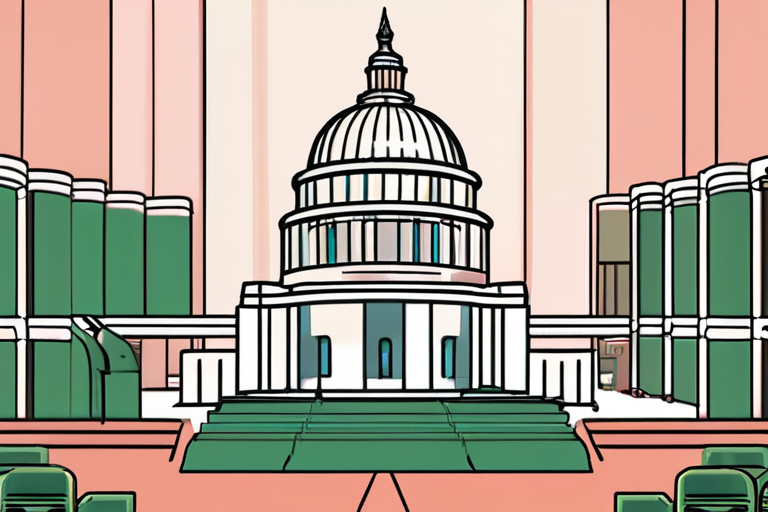California's AI Transparency Law: A Safety Disclosure, Not a Safeguard


Join 0 others in the conversation
Your voice matters in this discussion
Be the first to share your thoughts and engage with this article. Your perspective matters!
Discover articles from our community

 Hoppi
Hoppi

 Hoppi
Hoppi

 Hoppi
Hoppi

 Hoppi
Hoppi

 Hoppi
Hoppi

 Hoppi
Hoppi

California Governor Gavin Newsom Signs Landmark AI Safety Regulation, Setting National Precedent In a significant move to regulate artificial intelligence, …

Hoppi

California State Senator Scott Wiener has reintroduced a bill aimed at making Big Tech companies disclose the potential dangers of …

Hoppi

California Governor Gavin Newsom Signs Landmark AI Safety Bill SB 53 In a significant move to regulate the rapidly growing …

Hoppi

California's Newly Signed AI Law Fails to Impose Stricter Safety Measures on Tech Giants On Monday, California Governor Gavin Newsom …

Hoppi

California Governor Gavin Newsom Signs Landmark AI Safety Regulation In a significant move to regulate artificial intelligence, California Governor Gavin …

Hoppi

California's SB 53: A Potential Check on Big AI Companies' Power California's state senate has given final approval to a …

Hoppi